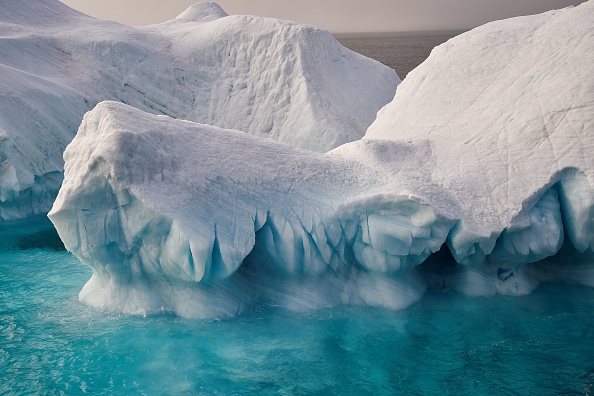A study that used a mix of data analysis and computer modelling has shown that melting Arctic Sea ice appears to be having far-reaching atmospheric impacts that increase the likelihood of extreme fall fire weather in the western United States.
The research, which was funded by the federal Energy Department, was published in the journal Nature Communications and presented during the annual conference of the American Geophysical Union.
The authors of the research said that in summers with strong Arctic ice melt, the warmer sea temperatures result in more heat rising into the atmosphere which creates a powerful vortex of winds circling counterclockwise.
“This can nudge the jet stream out of its typical pattern,” they said during the conference.
“This can bring drier air to the Western U.S., and prime fire conditions”.
Read also: Study says climate change to increase hurricanes in New York, other cities
Hailong Wang, who is an earth scientist at the Pacific Northwest National Laboratory in Richland and one of four co-authors of the paper, said “Climate conditions in one part of the world can, over time, influence climate outcomes from thousands of kilometres away”.
Speaking further, he said, “In our case, we find the Arctic region and the western United States are connected by this relationship,”. “Regional land and sea ice warming caused by sea loss … triggers hotter and drier conditions in the West later in the year.”
The study covered a four-decade period when Arctic Sea ice has been in decline in a northern realm that has been warming more than twice as fast as the rest of the Earth.
It is part of a broader wave of research attempting to improve understanding of the impacts of dramatic Arctic warming.
